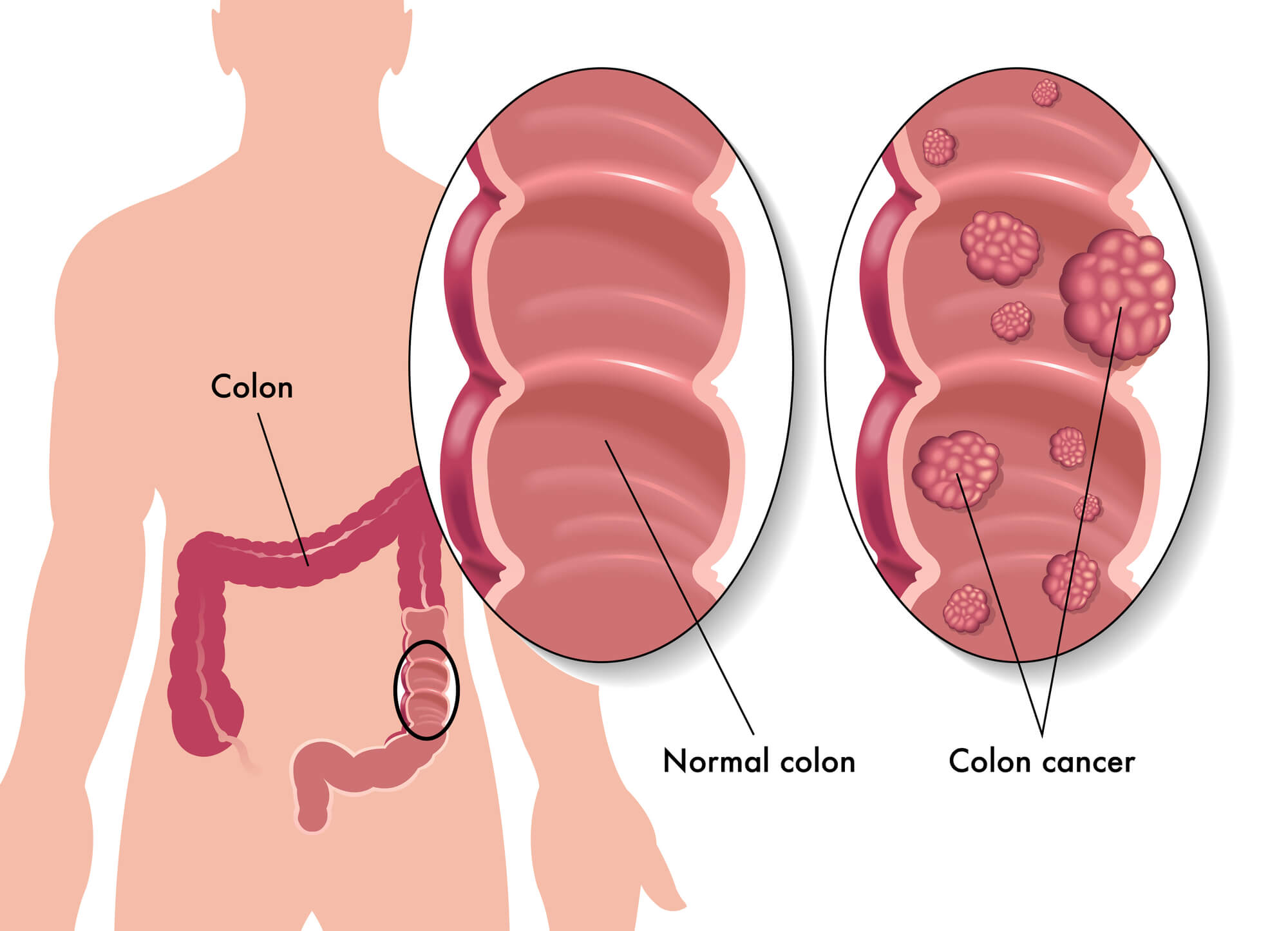Drug treatment to prevent anxiety, stress reactions and inflammation reduced the risk of developing metastases after surgery to remove a colon tumor by tens of percent

Although surgery to remove the primary tumor is the mainstay of all cancer treatments, the risk of metastases after tumor removal is estimated at 35% among colon cancer patients.
"The stress during the waiting period for surgery, the stress and inflammation reactions that the body produces during the surgery itself, and finally the anxiety of the cancer returning during recovery - all of these have a negative effect on the body's ability to fight metastatic processes," explains Prof. Shamgar Ben-Eliyahu of the Sagol School and the School of Psychological Sciences . "When the body is in a state of surgery and stress, physiological or psychological, hormones from the prostaglandin and catecholamine families are secreted in large quantities. These hormones suppress the activity of the cells of the immune system and thus indirectly encourage the development of metastases. In addition, these hormones directly help the cancer cells that remain in the body even after surgery: due to the exposure to these hormones, the cancerous tissues become more aggressive and metastatic. The good news is that we know how to treat both stress and inflammation using existing off-the-shelf drugs."
Now, a first-of-its-kind clinical study conducted among 34 colon cancer patients who were operated on at the Sheba Medical Center in Tel Hashomer, showed that a simple and safe drug treatment developed at Tel Aviv University reduced the risk of the spread of cancer metastases after surgery to remove the primary tumor - according to a clinical study led by Prof. Ben-Eliyahu and Prof. Oded Zamora from the Faculty of Medicine and Shamir Medical Center Hospital (Assaf Harofeh). The study was published in the European Journal of Surgical Oncology. At the same time, an overview of the theory and principles underlying the research was published in Nature Review Cancer.
The results are particularly clear and encouraging
The researchers from Tel Aviv University gave 34 colon cancer patients two safe drugs that are available in every pharmacy: propranolol (Darlin), a drug to lower blood pressure and reduce anxiety, and etodolac (Etopan), which is used to prevent pain and inflammation. 16 of the patients took the medication for 20 days - from five days before to two weeks after the surgery at the Sheba Medical Center. The other 18 patients received placebo drugs as the control group. Five years later, 9 of the 18 patients who received the placebo (50%) developed cancer metastases, compared to 2 of the 16 patients who took Darlin and Etofen (12.5%).
Prof. Ben-Eliyahu adds: "Five years after the operation, the statistical significance is clear: our treatment reduces the chance of the cancer returning. This is a short, cheap drug treatment with no significant side effects. We deliberately looked for the safest and cheapest drugs that would be able to lower the body's stress-inflammatory response to surgery, thus saving lives. It sounds too good to be true, but similar results were obtained in a study we conducted in 2017 with breast cancer patients. Due to the small number of subjects in both studies, it is impossible to accurately estimate the magnitude of the beneficial effect, but it is statistically clear that it is not accidental."
Saving lives without financial gain
According to Prof. Ben-Eliyahu, part of the medical establishment distrusts the effects of stress-inflammatory reactions, and in particular those resulting from psychological factors, such as waiting for surgery or the fear of the spread of the disease. Another problem concerns the financing of clinical studies.
"You have to understand that the pharmaceutical companies have no financial incentive to support such studies. Our medicines are medicines without a patent, they are safe, they are cheap and they are given in a short treatment of a few days. The drug companies are looking for patents on expensive drugs, and prefer that the patient be dependent on the drug for the rest of his life. Whereas the major science foundations in Israel do not fund clinical research on drugs, assuming that the drug companies will fund them. We come to save lives without financial gain. I hope that funding will be found for a large-scale clinical study that we have started these days with the intention of recruiting hundreds of colon cancer patients in Israel, because without such research - we will not be able to convince the medical establishment of the effectiveness of the treatment."
More of the topic in Hayadan:
